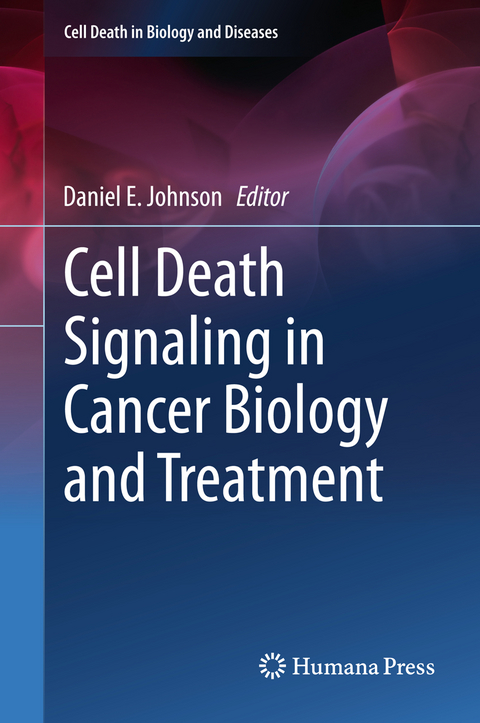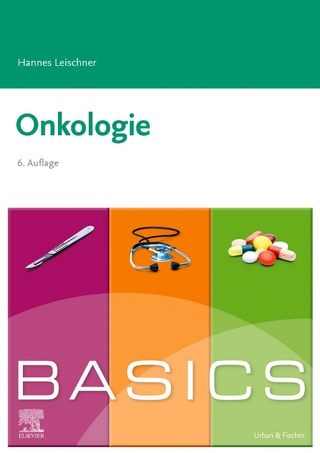
Cell Death Signaling in Cancer Biology and Treatment
Humana Press Inc. (Verlag)
978-1-4939-0107-4 (ISBN)
Dr. Daniel E. Johnson received his undergraduate training at North Park University and his doctoral degree in molecular biology from Princeton University. He was a postdoctoral fellow at the University of California San Francisco. In 1993 he joined the faculty at the University of Pittsburgh and the University of Pittsburgh Cancer Institute, where he is currently a Professor in the Departments of Medicine and Pharmacology & Chemical Biology. Dr. Johnson has served as a standing member on study sections for the National Institutes of Health and American Cancer Society, and is a long-standing Section Editor for the journal Leukemia. His research has focused on molecular mechanisms of apoptosis in leukemia and head and neck cancer, as well as the mechanisms of myeloid differentiation. He has placed particular emphasis on the translation of findings from his laboratory to the clinic, and together with physician scientist collaborators has helped develop ongoing trials in both acute myeloid leukemia and head and neck cancer.
Defective Apoptosis Signaling in Cancer.- The Warburg Effect and Beyond: Metabolic Dependencies for Cancer Cells.- Emerging Opportunities for Targeting the Tumor-Stroma Interactions for Increasing the Efficacy of Chemotherapy.- The Role of Autophagy in Drug Resistance and Potential for Therapeutic Targeting.- microRNAs in Cell Death and Cancer.- Targeting DNA Repair Pathways for Cancer Therapy.- Molecular Chaperones and How Addiction Matters in Cancer Therapy.- Sphingolipid Metabolism and Signaling as a Target for Cancer Treatment.- Leading Small Molecule Inhibitors of Anti-apoptotic Bcl-2 Family Members.- SMAC IAP Addiction in Cancer.- Harnessing Death Receptor Signaling for Cancer Treatment.- Proteasome Inhibition as a Novel Strategy for Cancer Treatment.- New Agents and Approaches for Targeting the RAS/RAF/MEK/ERK and PI3K/AKT/mTOR Cell Survival Pathways.- Activation of Immune-Mediated Tumor Cell Death by Chemotherapy.
| Reihe/Serie | Cell Death in Biology and Diseases |
|---|---|
| Zusatzinfo | XVI, 408 p. |
| Verlagsort | Totowa, NJ |
| Sprache | englisch |
| Maße | 155 x 235 mm |
| Themenwelt | Medizin / Pharmazie ► Medizinische Fachgebiete ► Onkologie |
| Naturwissenschaften ► Biologie ► Genetik / Molekularbiologie | |
| Naturwissenschaften ► Biologie ► Mikrobiologie / Immunologie | |
| Naturwissenschaften ► Biologie ► Zellbiologie | |
| Schlagworte | Cancer • Cancer Biology • Cancer Therapy • cell death • Johnson • Oncogenesis |
| ISBN-10 | 1-4939-0107-9 / 1493901079 |
| ISBN-13 | 978-1-4939-0107-4 / 9781493901074 |
| Zustand | Neuware |
| Haben Sie eine Frage zum Produkt? |
aus dem Bereich


